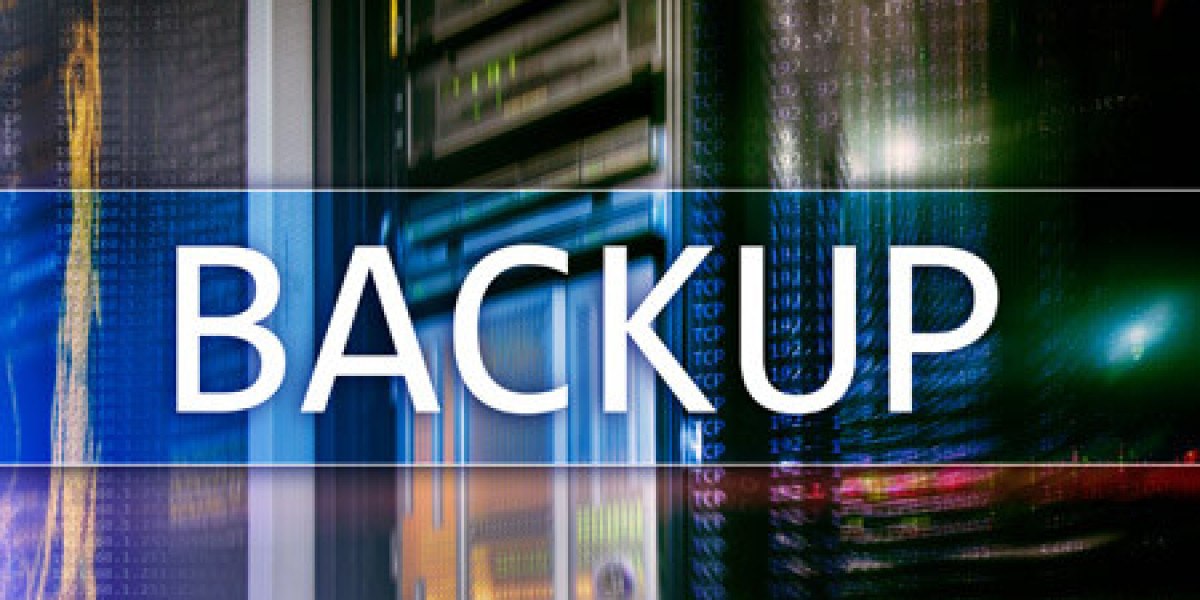In today's fast-paced digital landscape, small businesses require robust and dependable server settings to remain competitive. Small business server solutions create the groundwork for smooth operations, reliable connectivity, and secure data storage. Whether you're a new or experienced entrepreneur, understanding the fundamentals of small company server installations is critical. Let's look at the important factors of streamlining your setup process and optimizing your business operations.
Assess Your Needs: Before getting into small company server settings, consider your needs. Think about the size of your staff, the nature of your business activities, and future scalability. Understanding your requirements will allow you to select the appropriate server configuration and minimize excessive costs.
Select the Right Hardware: Choosing the correct hardware is critical for a successful server setup. Choose dependable servers that provide appropriate processing power, storage capacity, and scalability options. Investing in quality hardware ensures smooth operations and reduces the possibility of downtime.
Operating System and Software: In small company server configurations, the operating system (OS) and software used are critical. Linux and Windows Server are popular choices, with each having its own set of capabilities and compatibility. Consider important software such as email servers, database management systems, and security tools to satisfy your company's demands.
Network Infrastructure: Establishing a robust network infrastructure is essential for seamless connectivity and data transfer within your organization. Ensure proper configuration of routers, switches, and firewalls to safeguard your network against cyber threats. Implementing virtual private networks (VPNs) can also enhance remote access and data security.
Data backup and recovery: In small business server installations, protecting your company's data is critical. Develop a robust backup strategy to protect critical data from loss or corruption. Consider onsite backups, cloud storage, and automatic backup solutions to ensure data redundancy and simple recovery in the event of an emergency.
Security Measures: Cybersecurity threats pose a significant risk to small businesses, making security measures a top priority in server setups. Implement robust security protocols, including firewalls, intrusion detection systems, and regular security audits. Educate your team on best practices for password management and data protection to mitigate potential risks.
Remote Access and Collaboration Tools: In today's remote work environment, enabling remote access and collaboration is essential for small businesses. Utilize remote desktop services and collaboration tools to facilitate seamless communication and collaboration among team members, regardless of their location.
Regular Maintenance and Updates: To ensure optimal performance and security, schedule regular maintenance tasks and software updates for your server setup. This includes patching security vulnerabilities, optimizing performance, and monitoring system health to address any issues proactively.
Small business server setups are integral to the success of modern businesses. By focusing on key aspects such as hardware selection, software configuration, network infrastructure, and security measures, you can create a robust and reliable server environment tailored to your business needs. Remember to regularly assess and update your server setup to adapt to evolving technology and business requirements. With the right approach, small business server setups can empower your organization to thrive in today's competitive landscape.
